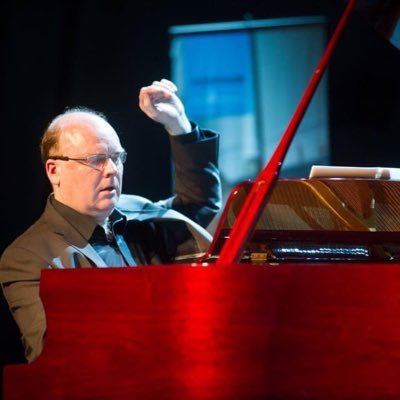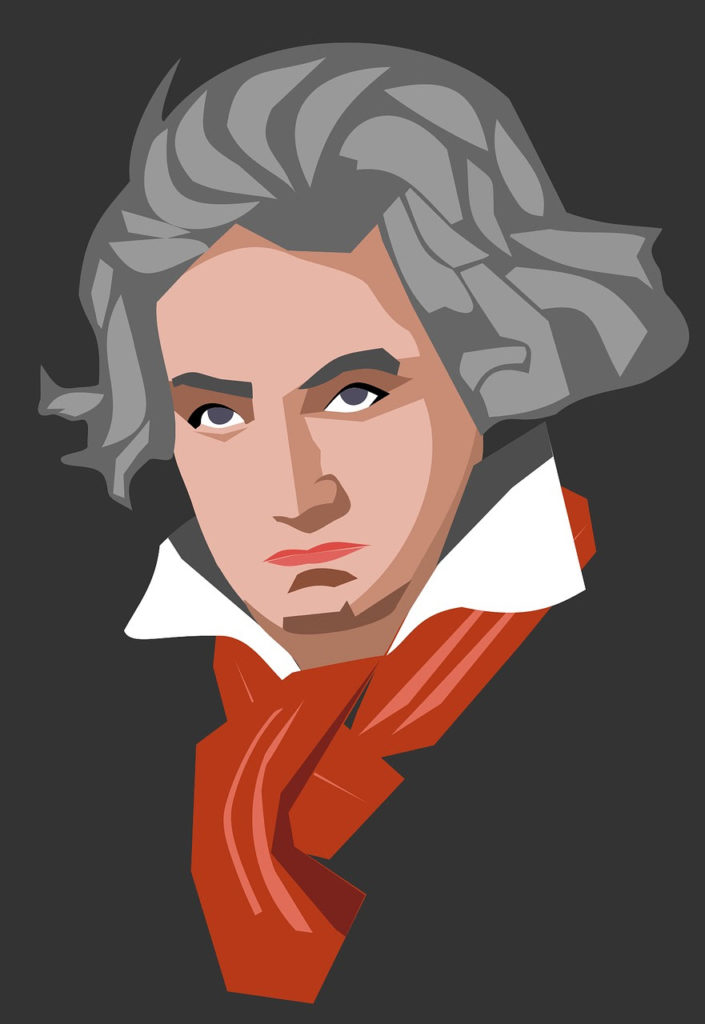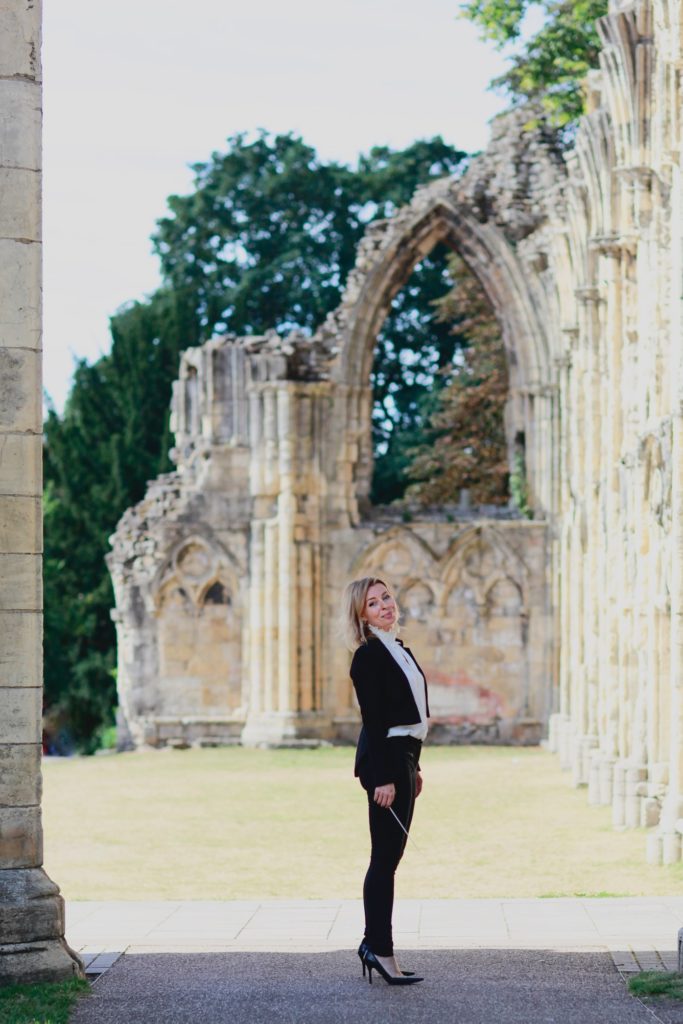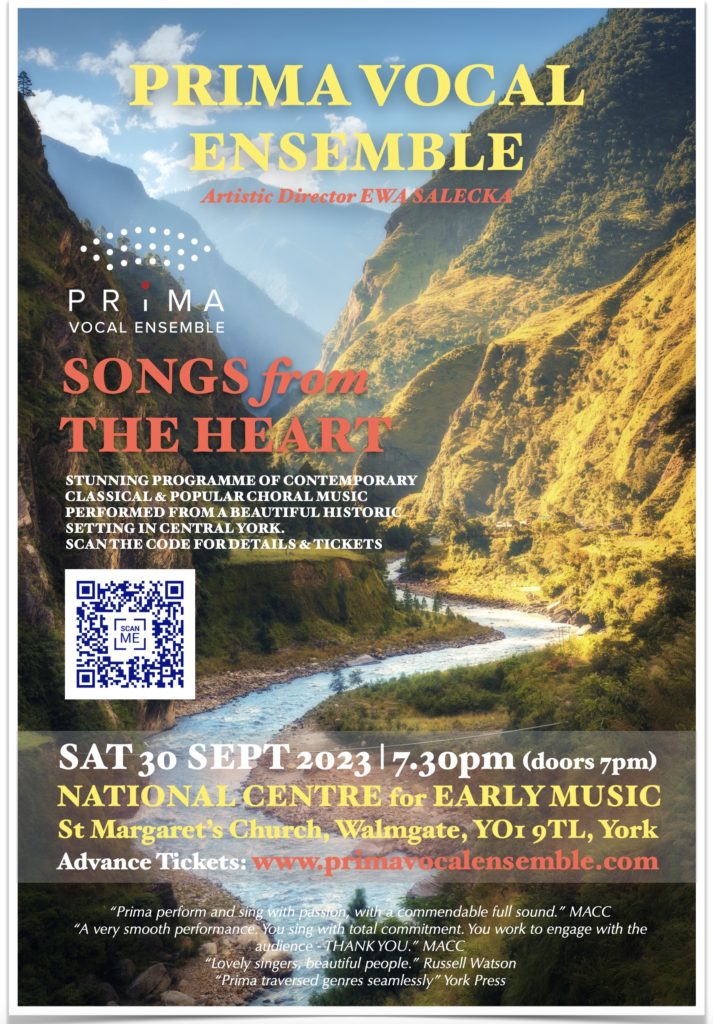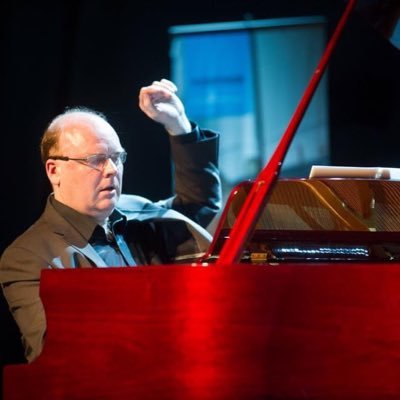
THE Late Music concert series, aka Living Music, Live, has made a habit of inviting pianist Ian Pace over the years. It is easy to see why. He is a monarch of the keyboard, not least in repertory of the last two centuries.
He brought his full powers to bear on a programme that began and ended with Liszt transcriptions of Beethoven, with Gershwin and Kern transcriptions by Michael Finnissy and Steve Crowther’s Fourth Piano Sonata in between.
This was the opening concert in what is planned to be an annual series, The Beethoven Project, curated by Crowther and focused around all of Liszt’s transcriptions of Beethoven’s symphonies.
Liszt was an indefatigable transcriber of works by others, especially where they could be incorporated into his own virtuoso recitals. They also provided him with a more or less regular income.
His version of Beethoven’s Fifth is masterly, seemingly leaving nothing out and taxing the pianist to the very limit. But Pace was equal to his every demand. No-one could claim that this was a note-perfect account – how could it be? – but it was dazzling nonetheless.
He started with the three opening quavers so rapid that they were almost indistinguishable. The whole first movement, complete with repeat of the exposition, was adrenalin-fuelled, with the left hand in constant motion.
The Andante was richly voiced, with strong accents. All the statements of its rondo theme were insistent, although some of the diversions were taken more gently. Some of the humour of the third movement – effectively a scherzo and trio – was lost to heavy treatment, so that Beethoven’s subtle instrumentation in the fugato became too distant a memory.
But one could only gasp in admiration at the orchestral tone that Pace generated in the finale, with his left hand again moving at frightening speed. The work as a whole inevitably emerged more percussively than the original. But Liszt’s achievement was never in doubt.
Pace had opened with Liszt’s version of the first song-cycle in history, Beethoven’s An die Ferne Geliebte (To The Distant Beloved), six songs given without a break. Pace took great pains to highlight the vocal melodies, while opting for measured tempos larded with considerable rubato, probably more than a singer would countenance.
As the cycle progressed Pace made his upper register twinkle several times, not least with the trilling of birds in the unheard text.
Michael Finnissy’s ‘transcriptions’ from songs by Gershwin and Kern were much less literal than the Liszt and much more like arrangements, preferring to conjure atmosphere and doodle over harmonies.
In Love Is Here To Stay (from the 1938 film The Goldwyn Follies), the tune was held back until near the end, although in Embraceable You (from Girl Crazy) it was the jazz element that took control. Best of all was his version of Kern’s Can’t Help Lovin’ That Man (from Show Boat) where the melody was disguised but always detectable. Pace had them well organised.
So also in Steve Crowther’s Fourth Sonata, which sounded not unconnected with the Gershwin that preceded it, although sparer harmonically. Pace sustained excellent momentum and a staccato touch through the rapid opening movement, which was awash with syncopation and sounded like a rondo.
The slow movement was more ruminative, although tastily decorated with roulades. Decorations during the finale tended to occur in the right hand while the left carried the main theme. But both hands flitted lightly around the keyboard – and I swear I could hear traces of Kern here; perhaps they were just left over in my aural memory. But the work was never less than intriguing and often much more.
Pace had once again proved a mighty champion of the new and the little-known.
Review by Martin Dreyer

